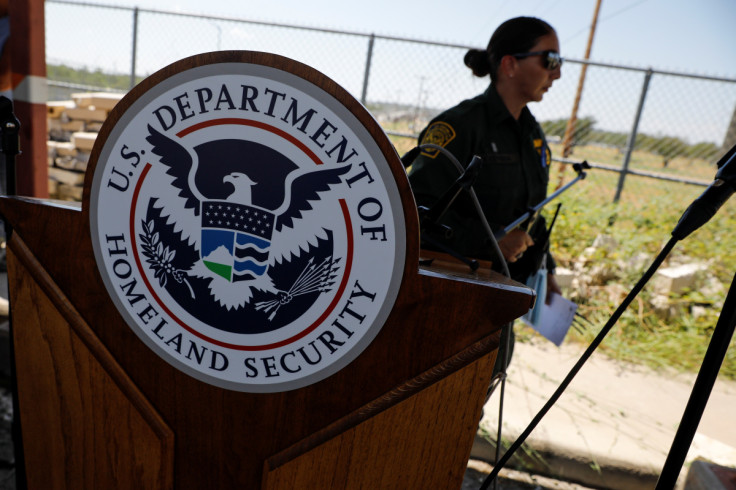
The U.S. Citizenship and Immigration Services (USCIS) announced on Thursday the extension of work permits for migrants from different nationalities benefited by Temporary Protected Status (TPS), a designation that gives them time-limited permission to live and work in the United States and avoid potential deportation.
Concretely, the benefited are those from El Salvador, Honduras and Nicaragua, and now expires from March to July 2025 depending on the nationalities. The announcement is set to impact over 300,000 immigrants from these countries. Nepalese and Sudanese immigrants are impacted as well.
The government can grant the benefit to people from countries under armed conflict, natural disaster or an extraordinary circumstance that doesn't allow them to go back to their homes. Other two countries in the Americas are reached by TPS but not included in the measure: Venezuela and Haiti.
Nearly 1.2 million of the roughly 21.6 million noncitizen immigrants living in the U.S. are either receiving or eligible for Temporary Protected Status (TPS).
The federal government offers TPS to qualifying immigrants who live in the U.S. and come from selected nations that are deemed unsafe to return to because of war, natural disasters or other crises. Since Biden took office in 2021, TPS designation has been greatly expanded.
Federal immigration officials may grant TPS for up to 18 months based on conditions in immigrants' home countries, and they may repeatedly extend this eligibility if dangerous conditions in those countries persist.
There are beneficiaries of TPS living in all 50 states, according to the Pew Research Center, with the largest numbers living in Florida, Texas, California and New York, states with some of the largest immigrant populations.
But although the Biden Administration has significantly expanded the program, some of these immigrants have been living in the U.S. long before he moved into the White House. In fact, some TPS holders have lived in the country for two decades or more.
For instance, those from Honduras and Nicaragua have been eligible for TPS because of damage from Hurricane Mitch in 1998, provided they had been living in the U.S. since Dec. 30 of that year. Similarly, current protections for immigrants from El Salvador apply to those who have lived in the U.S. since Feb. 13, 2001, following a series of earthquakes that killed more than a thousand people and inflicted widespread damage there.
Venezuela is among the latest to join the list of TPS-eligible countries. The country was first designated in 2021, and has been extended several times since then. The Department of Homeland Security cites the ongoing humanitarian, political and economic crisis in Venezuela as the main reasons for its decisions.
© 2025 Latin Times. All rights reserved. Do not reproduce without permission.





